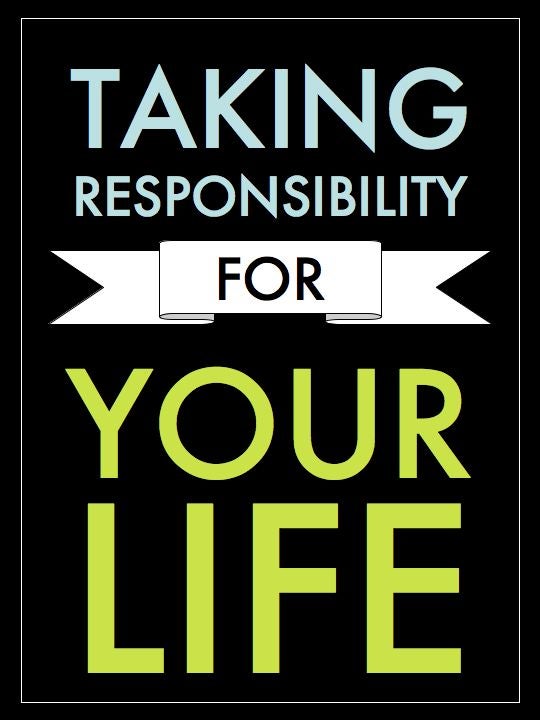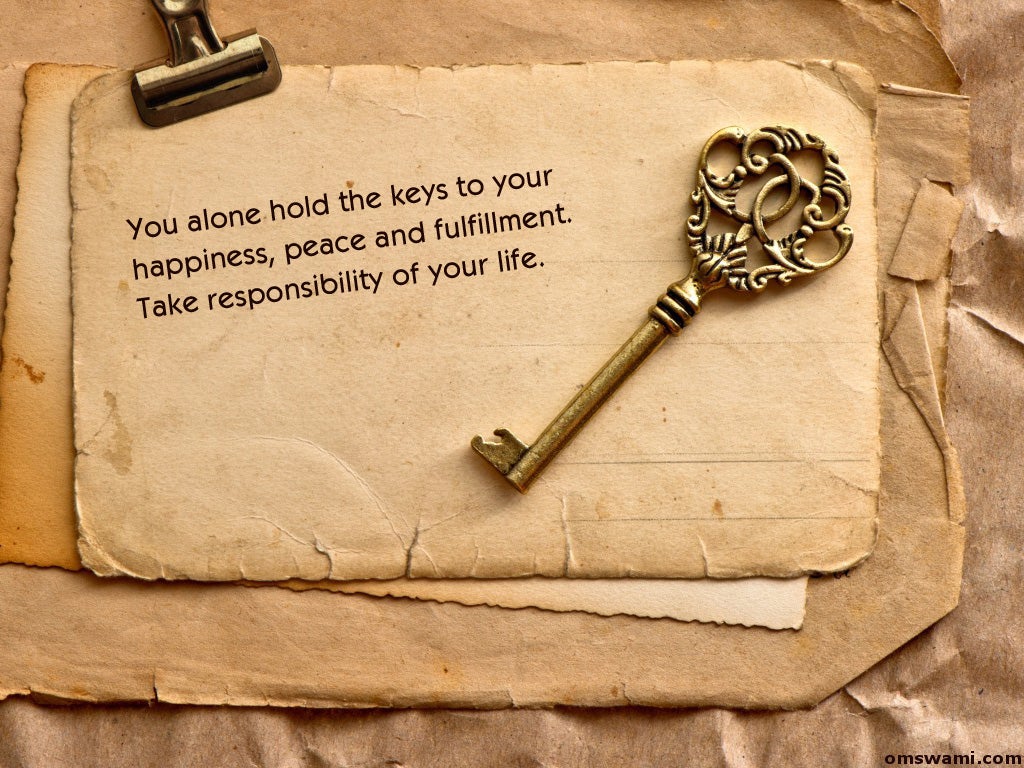When someone hears mention of the 3 Rs they usually think of reduce, reuse, and recycle (I do at least). Well, I am here to tell you that there is another list of Rs you should look into if you want to survive university! The list consists of being reasonable, being responsible, and being rational. If you do not like using schedules for organizing your time, these 3 words will help you manage your time and think through choices you have to make.

Image from: Jameson Ngo
The 3 Rs I will be telling you about can apply to almost anything, but I will focus specifically on how they can help with time management, managing and reducing your stress levels, but most importantly surviving at University of Waterloo.
REASONABLE
A reasonable person who knows they have a lot of work to finish, usually plans out how long each task should take them. Making a list of these items and timeframes is highly beneficial and keeps everything in order. (I create a table on Word for all my tasks and events when I know my life will be hectic in the near future). This makes it easy to know what I still have to do, along with knowing how long I have until each thing actually happens. It is also gratifying to cross something off the list when I complete it.
For example:
TO DO LIST: Feb. 1st to Feb. 15th
|
Task |
Time Frame |
|
|
|
|
Rec 100 paper |
7 pages – Due in 2 weeks (Feb 12) |
|
|
|
|
Rec 101 midterm |
4 chapters – 1.5 weeks (Feb 9) |
|
|
|
|
|
|
|
Psych 101 midterm |
Feb 11 |
|
Girl’s night? |
Feb 13 |
|
Gran and Gramp’s anniversary dinner |
Feb 14 |
This chart helps you organize your To Do List for a set time frame; it shows you how long you have until something is due or the day it will happen. However, it also shows you how much you have already accomplished and is motivating in the sense that you want to cross more things off the list as you finish them.

Image from: Suite Life and British Columbia Institute of Technology
Clearly, the next 2 weeks are quite busy with school work and social gatherings with friends in the calendar above. Therefore, a person who utilizes the 3 Rs would pick and choose what social events are most important to them based on other responsibilities as well. They might have even decided to watch the Super Bowl at home on mute while they studied instead of going to the actual party. I know I’ve done this more than once because I had a midterm the next day and I still wanted to see who won the game.
RESPONSIBLE
When it comes to university, responsibility applies in many different ways. First and foremost, being responsible for your own education is the number one function. Understanding that you must now do your homework because you should, not because your teacher is babying you through it is a hard concept to accept and embrace for most. It also means taking responsibility for the grades that you achieve, and not blaming other people for your poor mark. You’re paying for this education, you might as well use every chance you get to better your learning. What is the point of paying for university if you never even try?
Responsibility also means taking responsibility for your actions. For example, making sure you are at class on time every single day! Profs say some important information before classes begin and then never mention it again… you could have just missed out on a tip for the final and would never know because you were late. By the way, why are some students late for midterms or exams!? That is not being responsible at all! Not only do you miss out on your own time to write, you are now distracting every student in the room with your moving around and rustling.

Image from: News.DM
Lastly, responsibility while at university also means being responsible outside of lecture, assignments, grades, midterms, and studying, it means being responsible for your overall success and allowing others to do the same. Many university students are living away from home for the first time and learning there are no “mom rules” like at home. You are coming home whenever you want, doing whatever you want, and not really taking care of yourself. This behavior is not being responsible, so set some rules for yourself to help further your success.
For example:
Jill has a set of MOM RULES that she has posted on the inside of her closet door because she knows she goes in there every day. These are her rules:
- I will not go out or party the day before a final, midterm or interview
- I will be at class at least 5 minutes early when it is a lecture or tutorial
- I will be at class at least 15 minutes early when it is an exam or midterm
- I will attend 85+% of my classes per week
- I will clean my room/house and do laundry on Thursday nights
- I will do an hour of physical activity 3 times a week
- I will only eat takeout once a week
- I will call my family at least once every 2 weeks
You get the idea. Make a list of rules that will help you be successful and post them on your wall at home somewhere or save them as your computer's screen saver where you can see them all the time. You’ll be surprised how much of an impact these rules will have on you and your success.
Although responsibility seems to only be a relationship between you and yourself, it also means being responsible for others too. By this I mean, if your friend is very stressed out about a midterm, talk to them about it! You are a grown adult and you can realize when someone is asking for help and when they are not. It also means that if you know your roommate has a midterm on the Monday coming up and they are trying to study at home that you are not having a party the Saturday before! Because you are being respectful towards their studies, you are now allowing them to be responsible for their own education and not ruining their chances of a good grade.
The last point about responsibility I can give you is being responsible for your own happiness. Do things that make you happy too, not only school all the time; be reasonable when you do them but don’t forget about enjoying yourself. If you like reading, leave enough time in your week to read for 4 hours altogether. If you like a certain TV show, make sure you don’t plan anything while that show is on. If you like to volunteer with older adults, set time aside – when you don’t have class – and go for 3 hours. If you only take responsibility for your success and not for your health, mind, and happiness, there is no reason to be successful because you probably won’t last long enough to enjoy it and might be burnt out somewhere along the path you took to get there.

Image from: Discover Your Own Truth
RATIONAL
Rationality has many applications that can translate to university; for example, being rational in decision making, with how long something will take you, or what you can afford to spend money on. Rationality is probably one of the most important skills you learn throughout your university years.
Making a rational decision can be applicable to any daily encounter. A rational decision – I bet you make every day – is when to set your alarm to wake up in the morning, you must take into consideration how long you need to get ready for school or work, the drive, making and packing food, and walking from your car to the right building. If you know you are slow getting ready, like me, you know you have to set your alarm for 2 hours before you have to leave the house. I also make sure I leave my house 30 minutes before I must be at the university for anything because that leaves time for the drive, the possible traffic, and the walk to whichever building I must go to.
Rationality also means not going overboard with studying and school work, but balancing the time you spend doing this with your leisure activities. If all you do is study, go to class, and work on assignments, you are not being rational because you are isolating yourself from your friends and family, probably not sleeping, and most likely more stressed about everything than you would be if took a break every once in a while to do something you enjoy. No one can just work and study all day every day without eventually being stressed out, unhappy, sick, tired, and somewhat on edge.

Image from: Pinterest Balance Quotes
If you would like to get more information on how to balance out your life, there is a new concept coming out called the Wellness Wheel. The one that I find most helpful can be found at University of New Hampshire Health Services. You can adapt it to fit into your own life style if may be, but you can also use it just as is.
PUTTING IT ALL TOGETHER
Clearly, the 3 Rs can apply to almost anything you encounter in your daily life, the main idea behind them – in the sense of university survival – is balance, setting your own rules that you will actually follow, and owning up to your behaviour and grades. Throughout university you will face many difficult decisions like do I go out or do I study, do I take the time to cook healthy food or do I eat takeout and go running for 30 minutes later, and lastly do I throw a party while Johnny is trying to study or do I go out instead. Look at the next section and try to figure out who uses the 3 Rs to the best of their abilities.
NOW THINK
Using the definitions of the 3 Rs that I have given you, try to figure out which of the following examples are using all 3 to manage their time, reduce their stress, and balance their schedules.

Image from: Wikia "The Lorax"
Stevie is looking at all of her assignments for the next month, she has 5 in total and 2 tests. She has one paper due per week in different subjects and on different days; the papers range in length from 5 to 9 pages. Her 2 tests are in her “easy” classes for the semester. Stevie has also learned that these 2 tests are in the same week, and they are both 20% of her grade. Now she faces a dilemma, her friend is having a “Girl’s Night” at Phil’s two days before! Stevie really wants to go because she is really stressed out about the tests. She asks herself why profs put papers and midterms together anyways. She comes to the conclusion that it’s so not her fault if she does horribly. She decides she has studied enough to pass, they are her easy courses after all, and goes out with her friends. She then rushes through her paper the next morning for the class she has that evening.

Image from: Wikia "The Weekenders"
Blain is trying to plan out his schedule for the next 3 weeks because he knows he has 4 papers coming up and 3 midterms; some papers and all the midterms are in different classes, but some cross over. Blain knows he has issues with procrastination and really wants to stay on track this time. Instead of giving himself 2 days to work on an assignment he plans to work on each one for 3. All of his papers are worth 15% of his grade and are 5 pages in length, his midterms are all worth 20% and 2 are on the same day. Blain plans out a 3 week schedule where he gives himself Friday nights off to hang out with friends, but only if he completes what it is he said he would leading up to that day. On one of the Fridays that Blain has completed all his work, he feels like throwing a party at his house. Blain finds out that his roommate Asher has a midterm that Monday and plans on studying at home all weekend. Blain decides its best if he and his friends go to Dallas instead, letting Asher study in peace. Overall, Blain never really feels stressed out about any of these assignments and feels confident in the work he produced. He is sure he will get a good mark and even had time to clean his room, do laundry, and call his mom.

Image from: Wikia "Diego Marquez"
Nazim knows he has 5 papers due within the next 3 weeks, he is planning ahead so he will use his time effectively. Nazim decides he can only work on his papers, and he has no time for anything else. Ordering coffee from Tim’s counts as socializing right? He doesn’t see his friends outside of class and only does school work; he even misses yoga club and soccer practices, which he truly enjoys. He can hardly sleep with all that coffee and so many ideas going through his head all the time. He has only eaten Tim Horton’s and sushi all week, and realizes he has been wearing the same pants for 3 days. He sometimes finds himself asking if he brushed his teeth him morning or not, he can’t remember the last time he talked to his mom. He cannot wait until these papers are handed in, he misses his friends and hobbies, why do profs always do this to him. They really should plan out when things are due more efficiently. Isn’t the point of being a prof to make the material better and more enjoyable, or to pass on knowledge? How is having so many papers due in such a short time helping students be successful or retain knowledge?
Clearly, in these situations the second is the one who utilizes the 3 Rs the best. Blain is balancing work with fun and ensuring he gets everything he needs to get done completed, but also allowing himself to enjoy some free time and to socialize with others. He is also respectful and allows other people to reach their own success too, and even has time to do laundry and clean. Blain clearly understands how the 3 Rs work.
For the two that do not use the 3 Rs to help organize their time and stress suggest a strategy that might help them in the comments below or tweet about it on our twitter feed @UWaterlooWC!
Thanks for reading! I hope it was helpful. Wait until our next addition to the blog later this week for more tips on writing and making it through university life.
Your Peer Tutor Cheyenne LePage